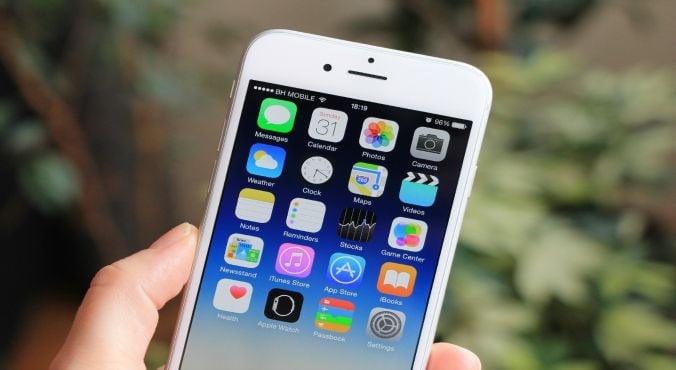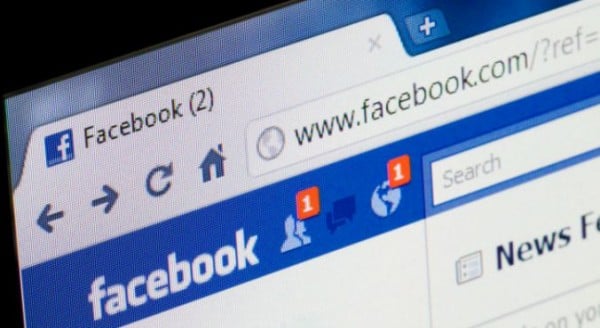
Image via iStock.
Nowadays, you can pretty much do anything on your phone. From updating your friends on your day and sorting out your finances, to ordering pizza or doing a comprehensive background on a date, the power is all in the palm of your hand.
Yet much of what we do daily on our phones without even thinking could actually be putting our personal information at risk. Here are seven things to be aware of…
1. Beware the lure of free wifi.
The saying “there’s no such thing as a free lunch” is especially true when it comes to free wifi. Checking your emails or bank account might seem innocent enough, but doing this while accessing free (and often unsecure) wifi is never a good idea.
It’s incredibly easy for people to hack into these connections, meaning your private information could fall into the wrong hands. While it’s certainly convenient, avoid sharing or logging into anything that involves sensitive information using free wifi, no matter where you are.
2. Sharing holiday snaps online.
It’s arguably one of the best parts of going on holiday – sharing a beach snap or selfie on Facebook or Instagram to let everyone know exactly how much fun you’re having. While it’s a handy way to update friends and family of your travels, it’s can also be a risky move.
By checking in at specific locations, you're letting people know exactly where you are, and where you're not. According to Adweek, 75 per cent of burglars are reportedly using social media to choose their victims, using the wealth of information most of us willingly post about where we are and what we do to figure out when we're not home.
3. Using the same profile picture across all social media sites.
When you find a picture of yourself that you like, it's common to use it across all your social media profiles. But according to Violet Blue, cybercrime investigative reporter and author of The Smart Girl's Guide to Privacy, it's one of the worst things you can do.

